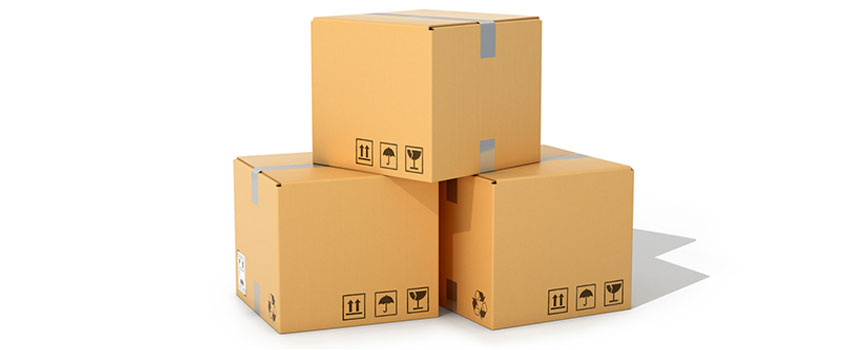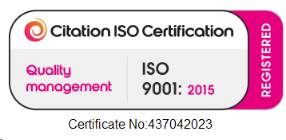Cardboard boxes themselves are pretty susceptible to moisture and water. Therefore, many of us want to form their cardboard boxes waterproof either to avoid wasting it from oil and grease within the product or the merchandise itself is dear and susceptible to water. Regardless of the reason, waterproofing cardboard boxes is straightforward and cheap. After performing some research, we’ve figured out multiple ways of waterproofing cardboard boxes.
There are variety of the way you’ll seal off elements from affecting your cardboard box. Technically, waterproof cardboard box isn’t exactly making the box waterproof but to feature a layer of waterproof coating on the box. This also suggests that regardless of the process, it should cover all of the boxes including its edges and corners. Being fabricated from paper, cardboard boxes can get destroyed whether or not there’s a small untreated spot, which could soak in water.
These are few best methods to waterproof cardboard box:
PVA Glue Coat:
PVA glue coat will offer you a water-resistant surface if not absolute waterproofing, which is enough most everyday use. Almost PVA glues are waterproof which implies it can get through several cycles of drying. Prep the work area by spreading out plastic sheets or old newspaper on the ground. Place the cardboard box on the prepped area. Mix one a part of the glue with one-part water. Apply the mixture to the cardboard surface and let it dry for 2 hours. you’ll touch to test if it’s dry. After some hours, apply a second coat of the PVA glue mixture. Get the answer to the underside and inside the box then let it dry for 2 hours. For a 3rd coat, prepare a replacement mixture with two parts PVA and one-part water. this is often a more concentrated glue mixture. Again, apply the mixture and let it dry for a pair of hours. By this point, you ought to notice a shiny appearance on the cardboard surface. Repeat the identical process yet again and this point give attention to the sides, corners and therefore the inside the cardboard box.
Using Waterproof Cardboard Box Coating:
You can use polyurethane coating, or clear acrylic paint or lacquer spray sealer spray to form cardboard waterproof. These protective coatings are themselves harmless but must always be tired a well-ventilated space. The coatings are flammable so the space for ventilation is absolutely necessary.
First, placed on your gear like gloves and goggles. Prep the realm by laying a sheet of plastic on the surface. Place your cardboard box on the plastic sheet, and canopy other valuables in your workspace. Shake the can thoroughly so the pigments are mixed well within the can. Also, shake the can periodically between application. Hold the can 12 inches removed from the box and apply a skinny layer of coat running parallel to the surface of the box. Spray in a very steady back-and-forth motion and let it dry for some hours before applying the second coat. After the surface is coated, spray small blobs of the coat round the corners and edges.
Using Shellac Solution:
Shellac is produced from lac bugs and is employed as a lacquer for musical instruments. You’ll brush the Shellac solution onto the cardboard box or directly bathe the enclose it.

Prep the workstation by spreading sheets of plastic or old newspaper on the ground. Next, prep the Shellac solution. Mix the solution with 5 ounces of shellac with only one ounce of Borax. Take a pot of water and convey it to boil. Add the mixture and keep stirring until the answer is even. Use a mesh to empty the answer into a separate container. If you don’t have a fine sieve, you’ll use cheesecloth or muslin.
Using Alum Mixture:
Alum may be a rather homemade solution which provides a waterproof cardboard box. you’ll use a sprig gun to use the ultimate solution or use a brush to use the alum mixture.
Prep the work area by spreading plastic sheets or old newspapers on the ground. Place your cardboard box on the ground. Get a pot of water and warmth it gets it a bit warm for the mixture to dissolve. Pour 8 ounces of alum, 3 ounces of grated soap, 4 ounces of natural glue and stir the answer until it’s even. Pour your solution to a separate container. Now use a brush or applicator to color a layer of alum solution on the box. Spray both the within and out of doors of the box and don’t use an excessive amount of solution on the box; use only a skinny layer.







